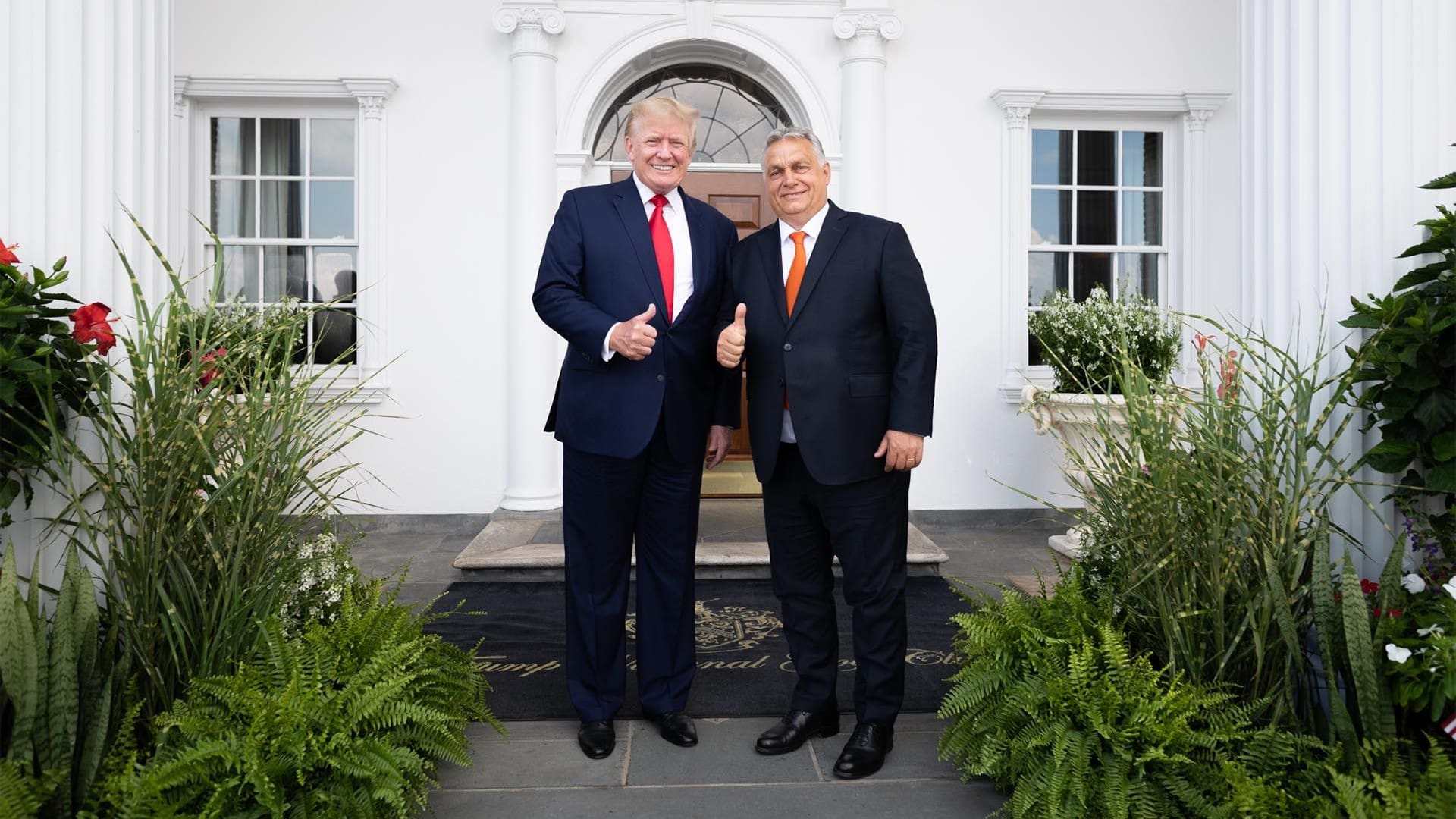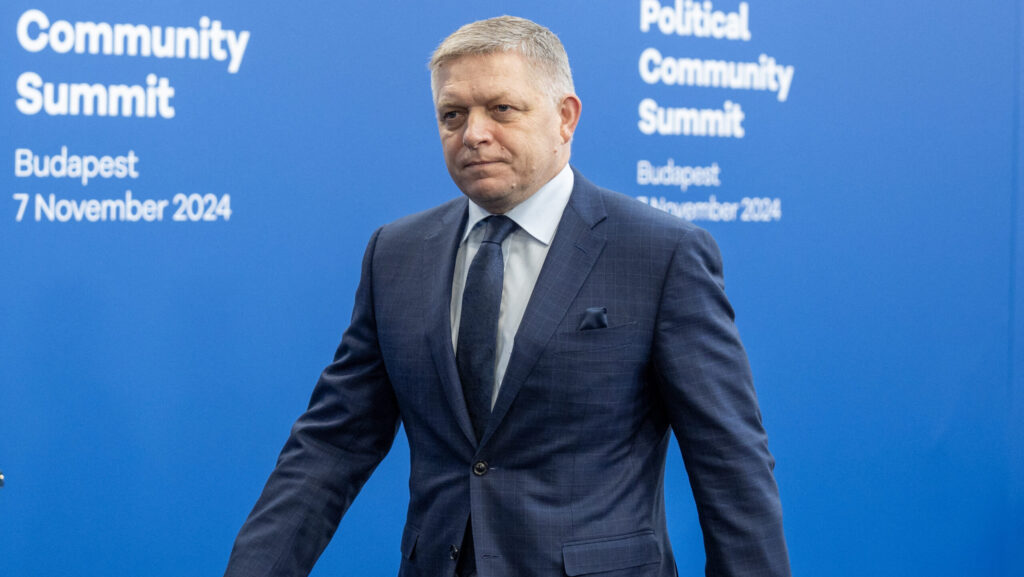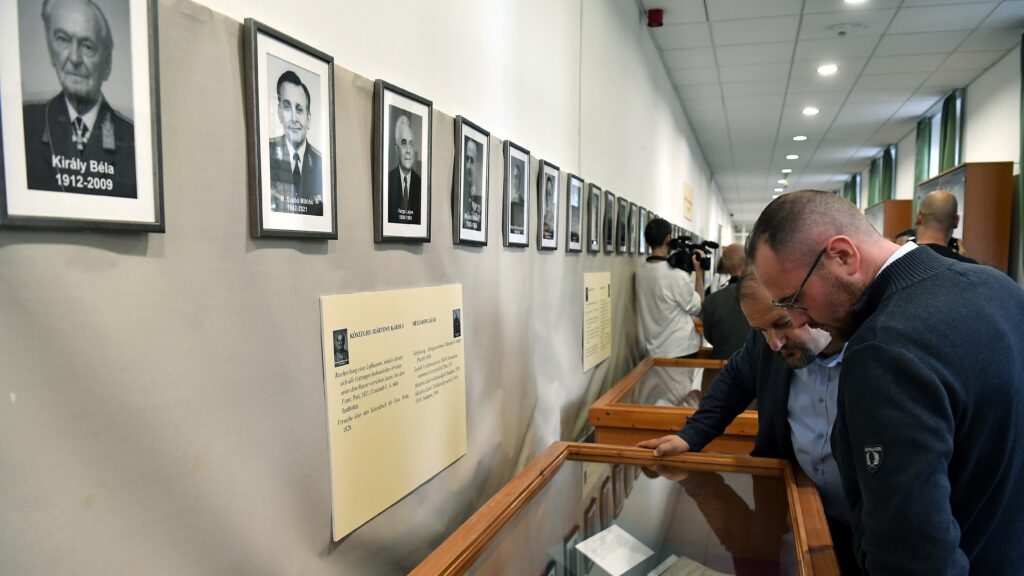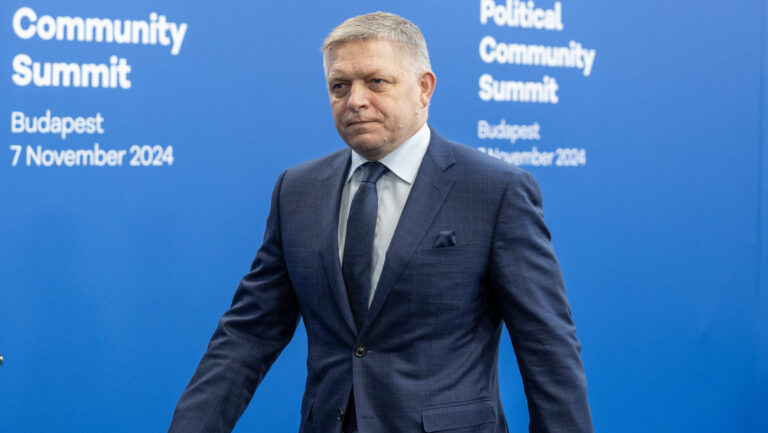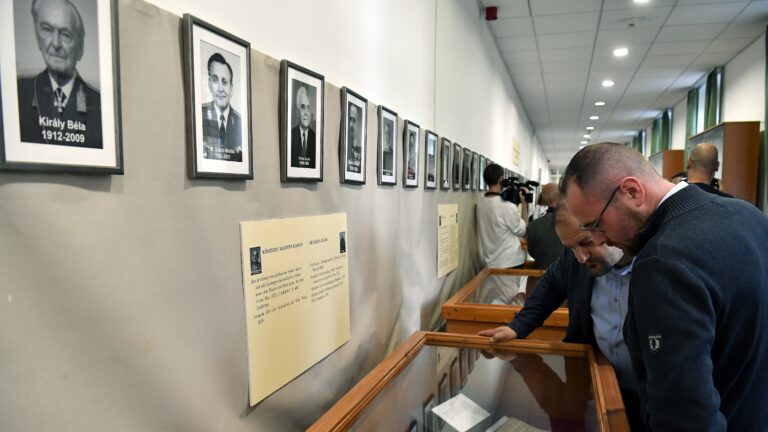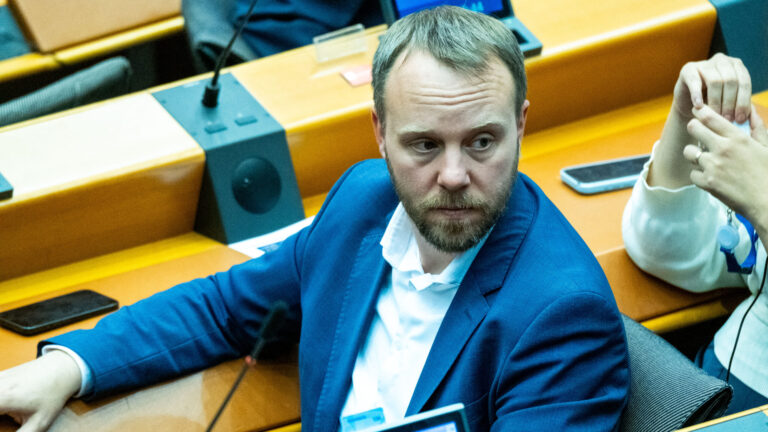Hungarian Prime Minister Viktor Orbán granted an exclusive interview to the public television channel M1, during which he shared his thoughts and assessments on the results of Sunday’s local and European Parliament elections. He also outlined the primary focuses of the governing parties for the upcoming period.
‘Never before have so many people voted for us in a European election. It is important to consider not only the percentages but also the absolute numbers,’ Orbán emphasized. The Fidesz–KDNP list secured the top position with 44.6 per cent of the vote, amounting to a record—in EP elections—of more than two million supporters for the governing parties. Voter turnout was also remarkably high, at approximately 60 per cent overall.
The prime minister highlighted that mobilization was crucial and that the high turnout was due to the significant issue of war or peace being at stake. Orbán specifically noted that both the old and new opposition—referring to political newcomer Péter Magyar and his Tisza party, which came in second with 29.69 per cent—had been defeated, which he considers a particularly valuable outcome.
As Mr Orbán stated, the accelerating drift of European politicians towards war has been slowed down. He highlighted a significant change in France, where a substantial proportion of pro-peace voters emerged victorious.
‘We won the first half, 1–0 here.
Now, let’s wait for Donald Trump to bring in the second half,’
Orbán said, using a football analogy.
Speaking about the composition of the new European Parliament, PM Orbán stated that if the two major right-wing political groups, the European Conservatives and Reformists (ECR) and Identity and Democracy (ID), join forces, Fidesz will also be part of that coalition. ‘Such a coalition will become the second largest force in the EP,’ he underlined.
Regarding the local elections, Orbán mentioned that they had performed better than expected but not as well as he would have liked. Fidesz–KDNP representatives secured a majority in all county assemblies and won four cities with county rights, although they lost three.
The Prime Minister noted that in politics, time, work, and humility are crucial. He highlighted that in Hungary, stability, predictable public security, and employment are highly valued. Orbán also stated that he spends 20 per cent of his time on politics and 80 per cent on government work, whereas his Western counterparts allocate their time in the opposite manner.
Read more on the Hungarian local and European elections:

